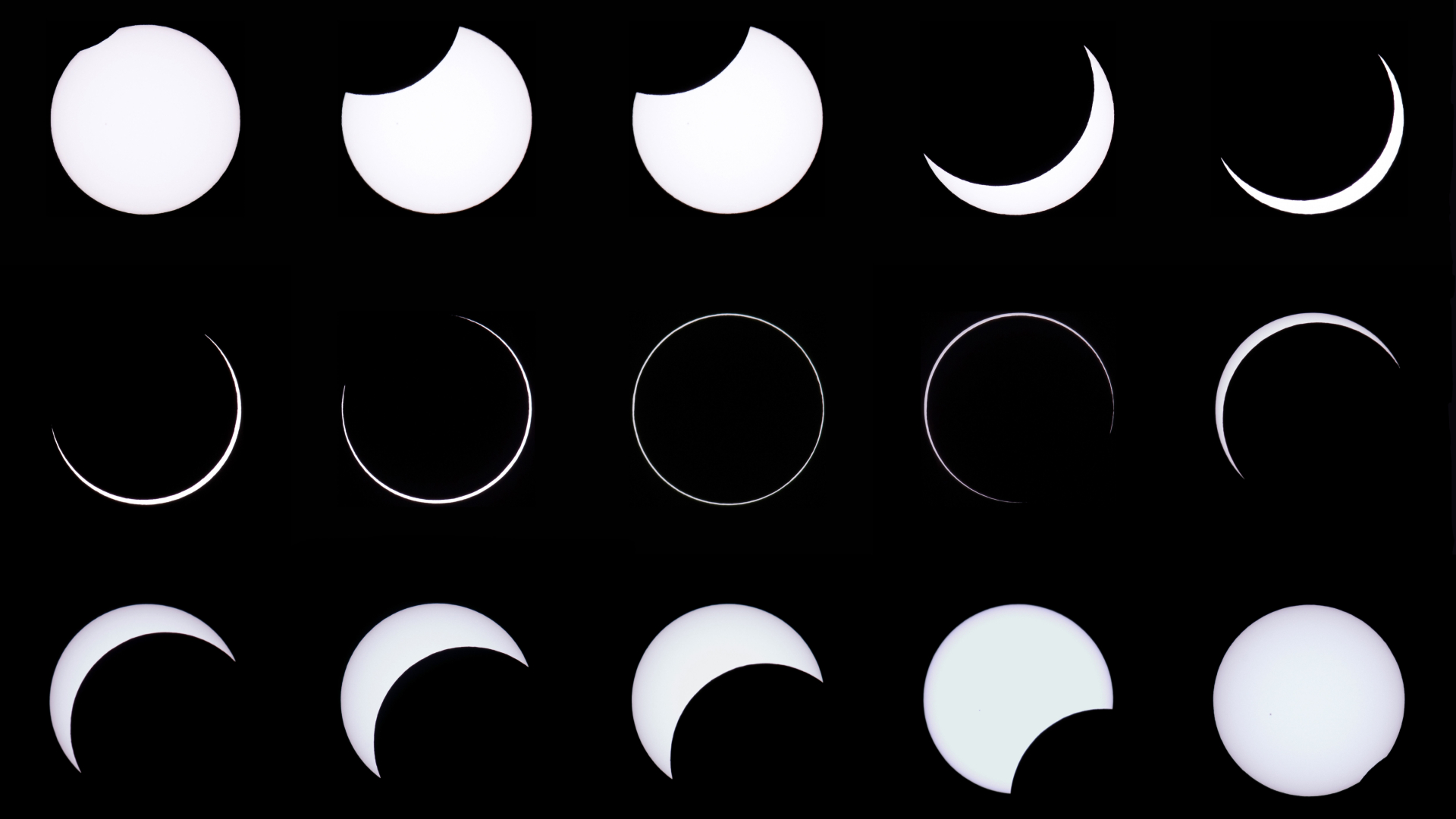Europe Moves Ahead With Weather Satellite Blacklist
Breaking space news, the latest updates on rocket launches, skywatching events and more!
You are now subscribed
Your newsletter sign-up was successful
Want to add more newsletters?

Delivered daily
Daily Newsletter
Breaking space news, the latest updates on rocket launches, skywatching events and more!

Once a month
Watch This Space
Sign up to our monthly entertainment newsletter to keep up with all our coverage of the latest sci-fi and space movies, tv shows, games and books.

Once a week
Night Sky This Week
Discover this week's must-see night sky events, moon phases, and stunning astrophotos. Sign up for our skywatching newsletter and explore the universe with us!

Twice a month
Strange New Words
Space.com's Sci-Fi Reader's Club. Read a sci-fi short story every month and join a virtual community of fellow science fiction fans!
European government officials may resent the fact that the U.S. government is forcing them to create a blacklist of organizations that will not be granted access to weather-satellite data from Europe's future polar-orbiting satellites, which will include U.S. government-supplied instruments. But they have nonetheless agreed to create such a list this year.
The list to be provided by the 18-nation Eumetsat organization will have the effect of determining what organizations may be denied data from Eumetsat's Metop satellites following a U.S. request during an emergency.
U.S. and European government authorities already have concluded the basic outlines of what is known as the Data Denial Implementation Plan. But government officials said the details remain sticky.
"What we have to agree to is a list of organizations, agencies and institutions that will be refused data following a U.S. request," one government official said. "The U.S. has some very specific ideas about who these people are. We don't like the idea. It's not something we're comfortable with. But if the question is: Will we resist it? The answer is: No. We will get this resolved this year."
Europe's Metop-1 satellite is scheduled for launch in June. It will be the first European polar-orbiting meteorological satellite, and will be part of a U.S.-European Joint Polar System. European instruments fly on U.S.-provided satellites, and the United States is providing instruments on the Metop spacecraft.
The joint collaboration is in keeping with the tradition of the nations contributing to the global World Weather Watch system, which distributes weather data the world over with little or no questions asked of those receiving the data. Europe's 18-nation Eumetsat organization of Darmstadt, Germany, and the U.S. National Oceanic and Atmospheric Administration (NOAA) are major hardware contributors to the World Weather Watch system. Japan, China and Russia also are major satellite-data contributors to the system.
The Eumetsat-NOAA data-denial agreement involves the U.S. Defense Department because the U.S. military and NOAA are merging their weather-satellite systems. This merger has given U.S. defense authorities a seat at the negotiating table, as longtime partners NOAA and Eumetsat set the boundaries of who can be refused data in a U.S.-declared emergency.
Breaking space news, the latest updates on rocket launches, skywatching events and more!
In an address to Eumetsat's governing council Nov. 29, NOAA Assistant Administrator Gregory W. Withee expressed frustration that the Data Denial Implementation Plan has not been settled despite the approach of the Metop launch.
Withee said in his address that the plan permits Eumetsat governments and approved third-party users continued access to U.S.-provided Metop instruments no matter what happens.
Mikail Rattenborg, director of operations at Eumetsat, agreed with Withee's assessment and said the U.S. side already has agreed to a compromise in the way the data denial will work. After initially proposing that the U.S. decide unilaterally when to curb access to its instruments - a technical challenge since Eumetsat will operate the Metop spacecraft - U.S. negotiators have accepted an approach that is more palatable to European authorities.
"The way the data denial process will work is that the U.S. will make a request to Eumetsat, and then Eumetsat will implement the request," Rattenborg said. "This is a very important step: The U.S. is delegating control of its instruments to Eumetsat. The second step is establishing a list of agencies that will not be subject to data denial, and that is taking a little more time. But I am optimistic we can get this done before the Metop launch."
Data-access policy to meteorological satellite data has long been a source of disagreement between the United States and Europe, with Europe opting to commercialize some weather images and the U.S. taking more of a free-access view. In this case, the roles are reversed, but because of security concerns, not business-model issues.
For the Metop satellites, Eumetsat will be technically able to switch off access to data for individual users, in keeping with its existing policy of differentiating between fee-paying and free-access user groups.
In a similar case, U.S. and European authorities spent months haggling over access to satellite navigation and timing data from Europe's Galileo satellite system, now in development. Galileo will resemble the U.S. GPS system, but will be civilian-financed and run as a business.
U.S. and European officials have agreed on a policy that would permit Galileo program managers to deny access to a localized area during a conflict, similar to the U.S. GPS navigation-warfare strategy.

Charles Q. Choi is a contributing writer for Space.com and Live Science. He covers all things human origins and astronomy as well as physics, animals and general science topics. Charles has a Master of Arts degree from the University of Missouri-Columbia, School of Journalism and a Bachelor of Arts degree from the University of South Florida. Charles has visited every continent on Earth, drinking rancid yak butter tea in Lhasa, snorkeling with sea lions in the Galapagos and even climbing an iceberg in Antarctica. Visit him at http://www.sciwriter.us
